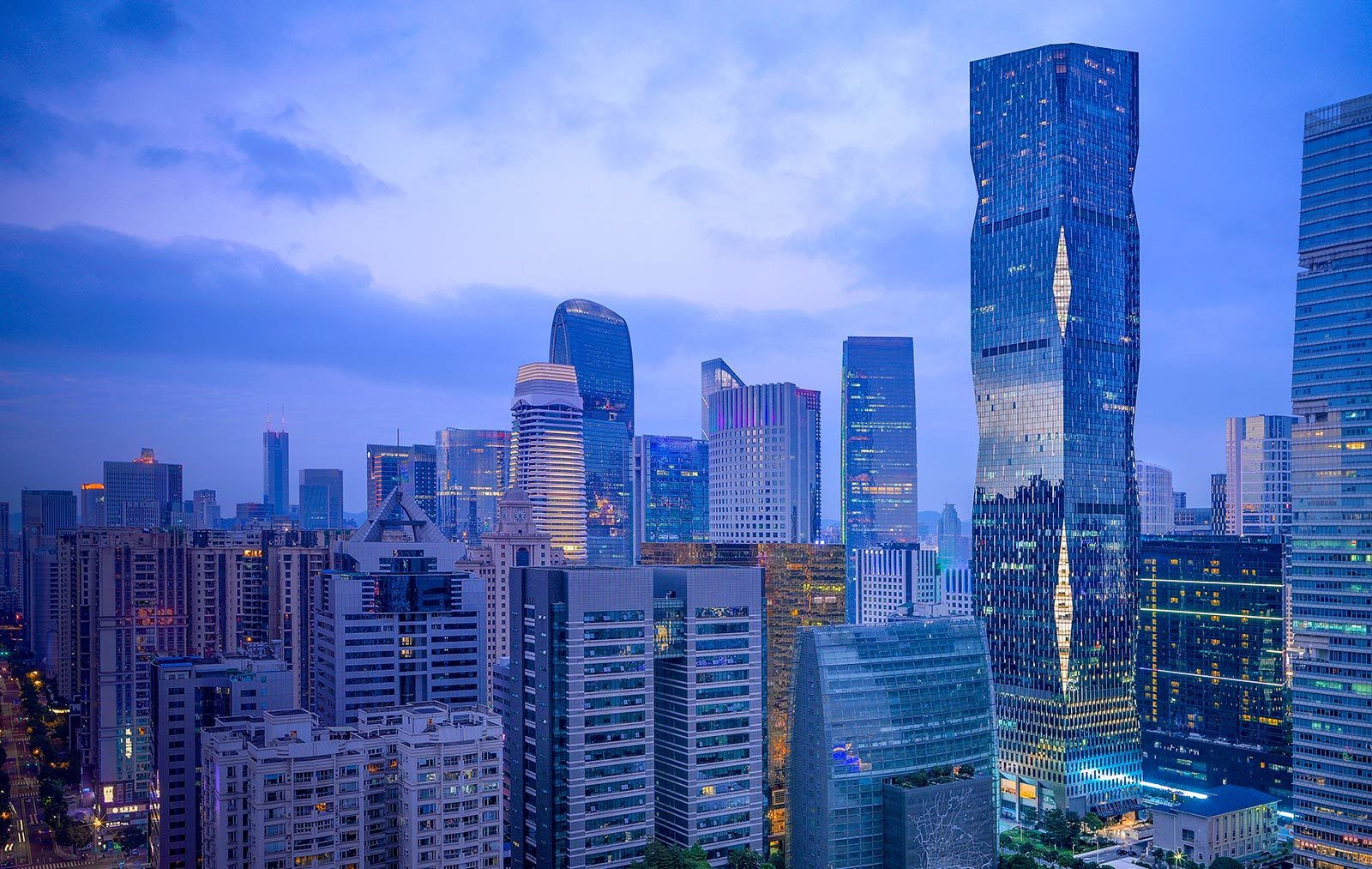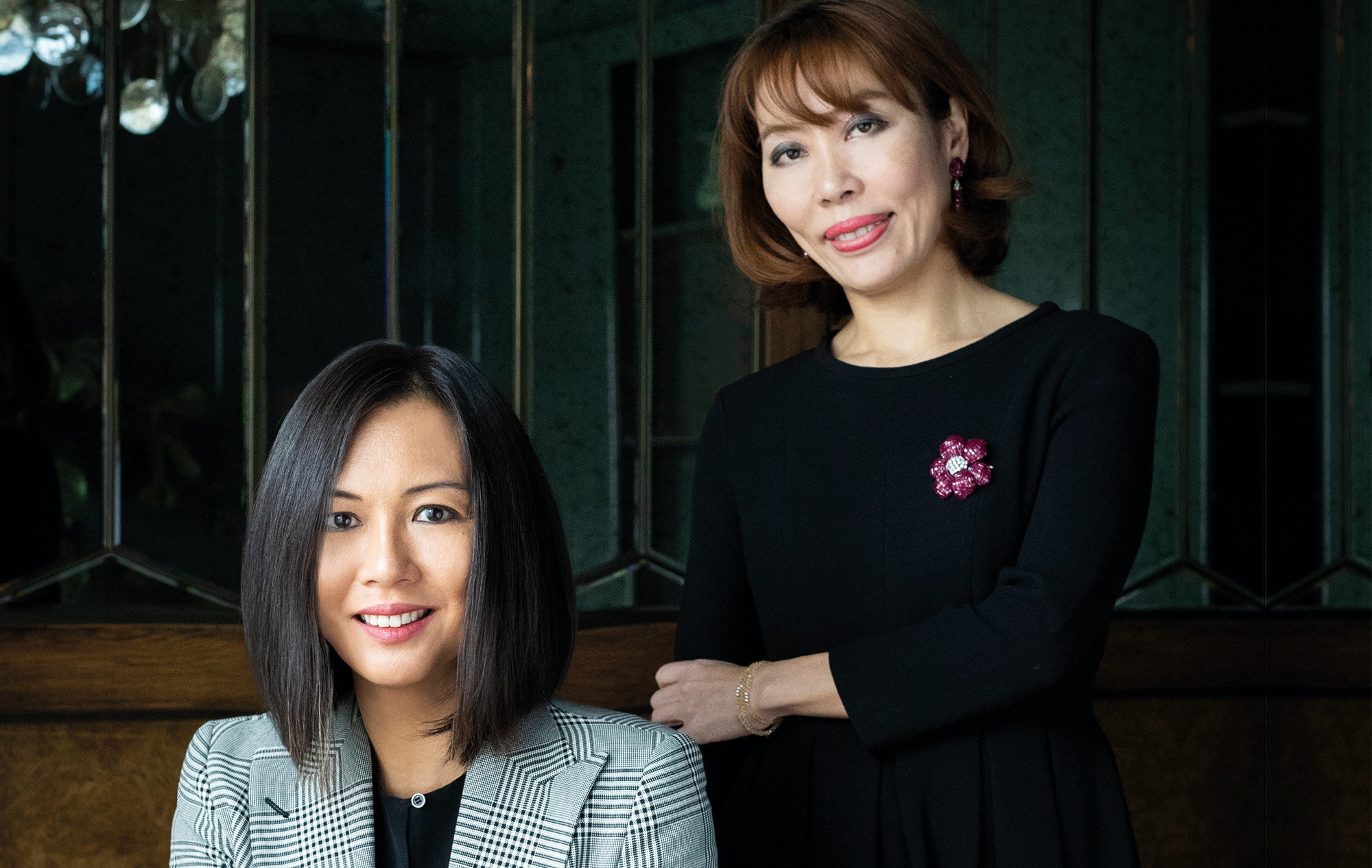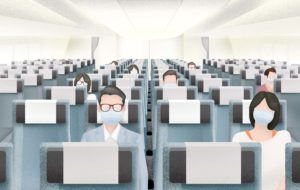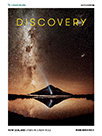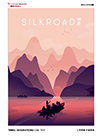‘Unique, competitive and growing’ is how Victoria Daet, head of marketing and PR for startup conference Slush Tokyo, describes the entrepreneurial scene in her city. She and her team organised an event this year that drew 6,000 attendees, a huge increase from 2017.
‘Although not as quick as our friends in San Francisco and China, the scene in Tokyo is picking up the pace. It is slowly stepping out of the shadows and starting to open up,’ she says. The fact that Slush Asia became Slush Tokyo in 2017 is indicative of this – the city has enough of a startup community to support its own headline events.
Startup hubs have sprouted in the city. Toyota has its artificial intelligence research facility in Hongo district, where you will also find the University of Tokyo’s Entrepreneur Plaza, while Google has its office in Shibuya. The area around Tokyo Station has become a FinTech hub, home to accelerator Finolab. For early-stage startups there is Gotanda Valley, with cheaper rents and a laid-back vibe.
Last June, the government released a growth strategy that included plans to grow startups into unicorns (private companies valued at over US$1 billion). Indeed, the ambition is for the country to have 20 unicorns by 2023, with Prime Minister Shinzo Abe declaring ‘the start of a fourth Industrial Revolution’ – a phrase that refers to a futuristic era in which technology blurs the divisions between physical, digital and biological spheres.
The country has also implemented a one-year startup visa programme for foreign founders, as the government pushes to get founders and investors to the city to discover what it has to offer. ‘The market is still quite competitive and open compared with the US,’ says Daet. ‘Despite all the technical advancements, there is still a lot of room for innovation. There are people eager to fund new ideas, and the community is fun, vibrant and welcoming.’
The People:
Shintaro Yamada

Japan is surprisingly lacking in unicorns, but the founder of its very first, Shintaro Yamada, has become a model of success for aspirants. In 2013, Yamada teamed up with his university friends Tommy Tomishima and Ryo Ishizuka to create Mercari – a mobile e-commerce site that matches buyers and sellers. He told Bloomberg that the venture was inspired by a six-month exploration of 23 countries. ‘It broadened my mind, made me want to make something that could be useful anywhere in the world,’ he recounted. ‘I began to think about a platform that would allow people to exchange money or things or services using their smartphones.’
In March 2016, the venture hit the headlines when it became Japan’s first US$1 billion startup. Just three months later, the online flea market reportedly had more than 10 million monthly active customers across Japan, the UK and the US; and its app was generating 10 billion yen (HK$700 million) in monthly transactions. By December 2017, the app had surpassed 100 million downloads worldwide.
Yamada has ambitions to continue expanding to more locations, telling the Nikkei Asian Review he aims for the app to ‘go into countries all over the world and let people make transactions across borders’. He also spoke of his desire for expansion in the US, where the business is run by former Facebook executive John Lagerling.
In Japan’s still nascent startup scene, Yamada’s dizzying success may provide impetus. As he told one reporter, ‘There are just not that many people trying. Maybe if I do it, more people will believe that it’s possible to succeed.’

The Product: Lunar rover
‘A world where the earth and moon are one ecosystem’ is the bold ambition of ispace, a Tokyo-based startup with its eyes to the stars. Working towards creating a Lunar base, ispace was propelled into the public sphere with its entry into the Google Lunar X Prize, a competition to land a spacecraft on the moon. A finalist in the competition, which ultimately had no winner, the startup decided to push on with its plans to develop its Lunar rover – the Hakuto-R.
In September, the company announced that it had booked space on two of the missions being run by Elon Musk’s SpaceX, the private US aerospace manufacturer. Ispace vehicles will be onboard two of SpaceX’s Falcon 9 rockets, which could see them land on the moon as early as 2020.
‘We share the vision with SpaceX of enabling humans to live in space, so we’re very glad they will join us in this first step of our journey,’ says ispace chief executive Takeshi Hakamada. By 2021, however, the company hopes to not just reach the moon but to also gather data from it.
Ispace has also teamed up with three other companies to compete to send vehicles to the moon with NASA. The US agency is seeking a plan for landers capable of putting a payload of at least 10 kilograms on the moon. So far, a Series A funding round has raised US$90 million – a Japanese record. Whether it reaches the moon or not, the ispace team is certainly pushing boundaries on earth.
What to watch
Think alike
Job recruitment platform Wantedly matches users and companies through shared interests, goals, values and other non-work-related criteria. ‘This startup is slowly changing how we see recruitment and is challenging the norm of seeing people as just CVs,’ says Victoria Daet of Slush Tokyo.
The right place
SpaceMarket is an app that helps people search for venues for their events. It lists everything from train carriages to baseball stadiums, finding matches by date, budget and location.
Good gigs
CrowdWorks is an online marketplace for freelancers. With clients including Sony, Toyota and SoftBank, it is one of Tokyo’s fastest growing startups and has 1.8 million users.





